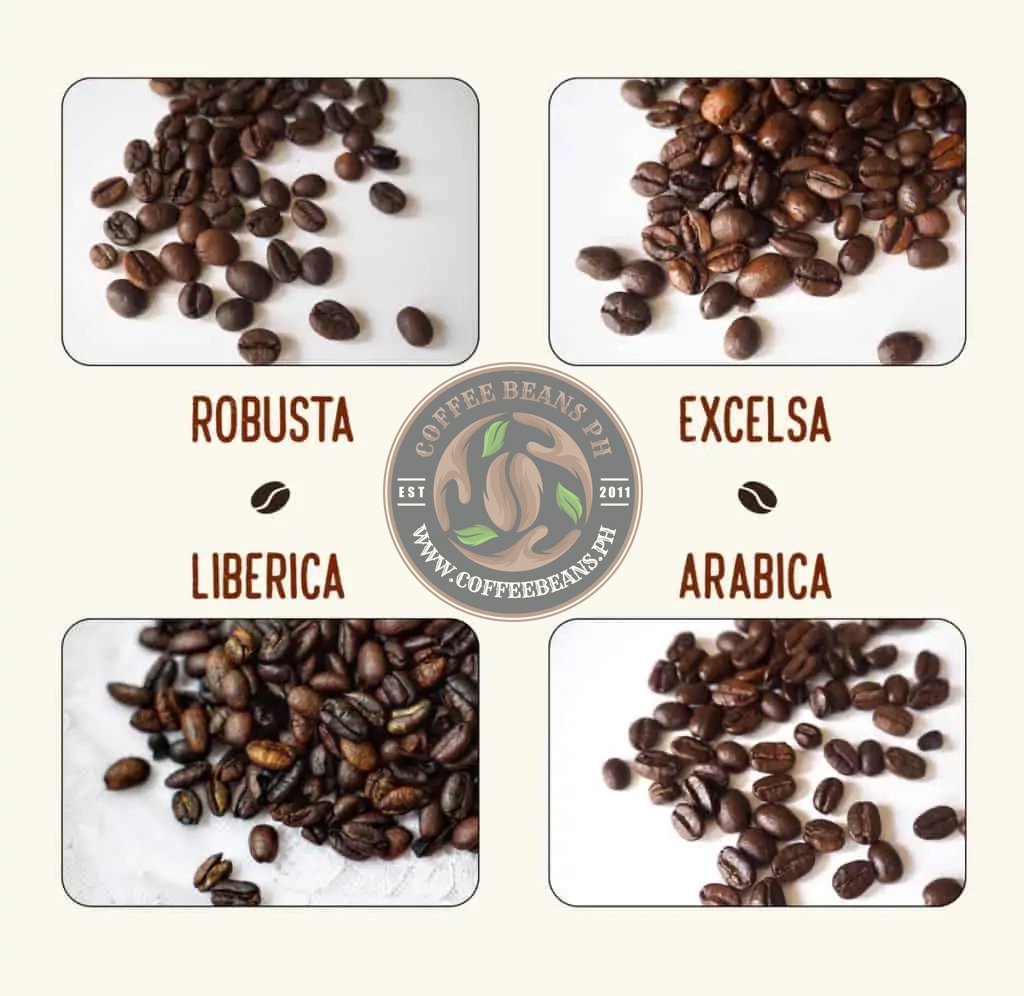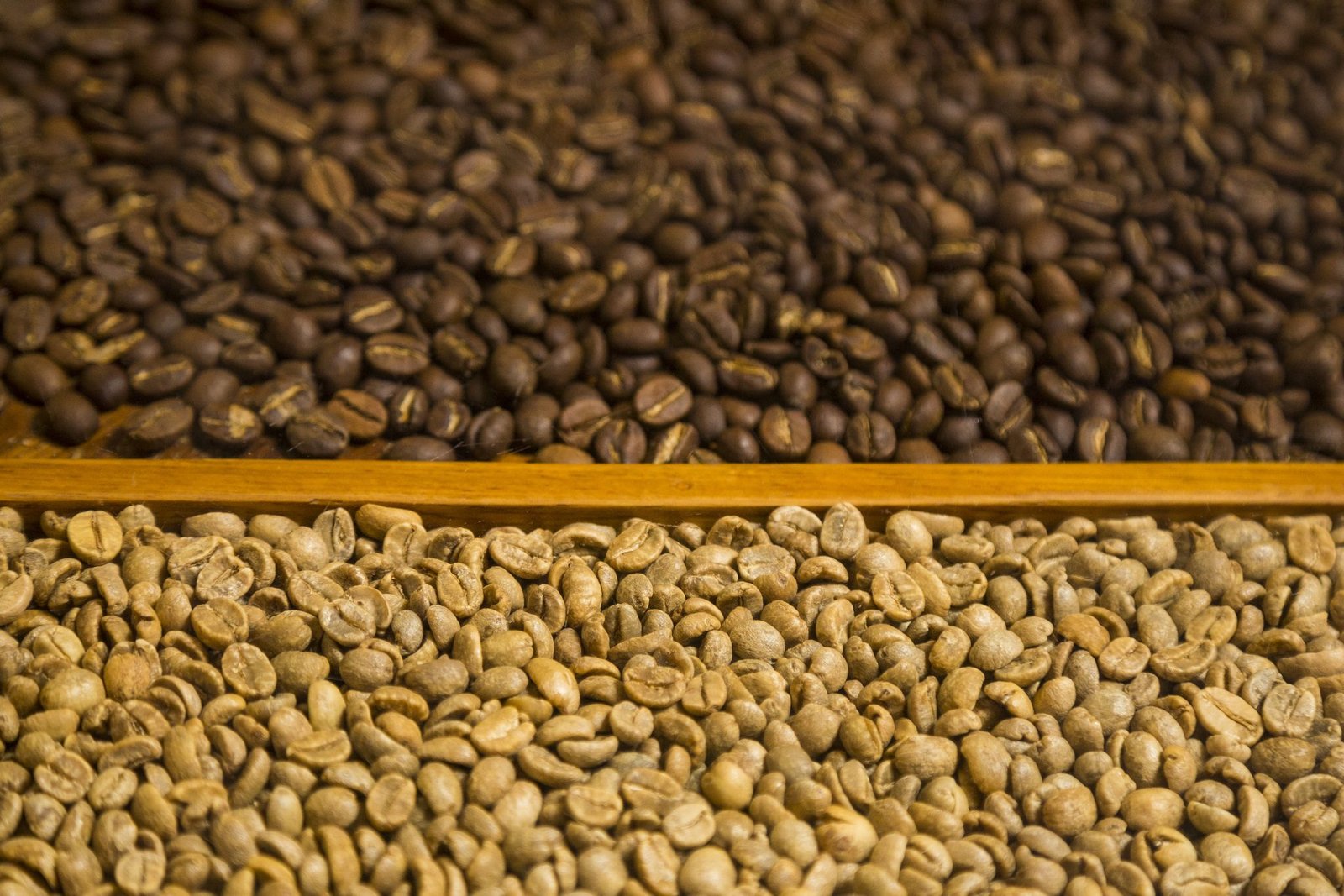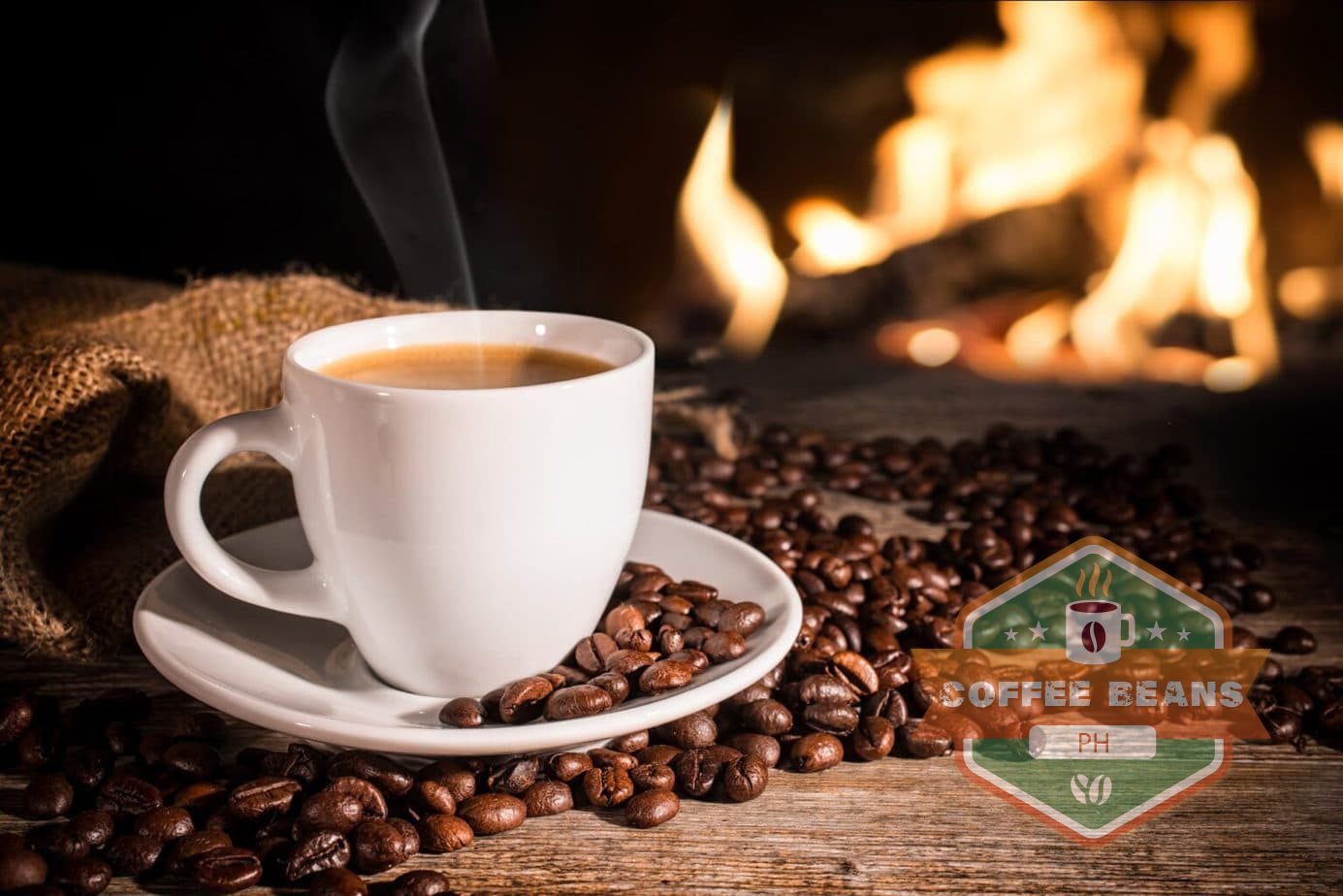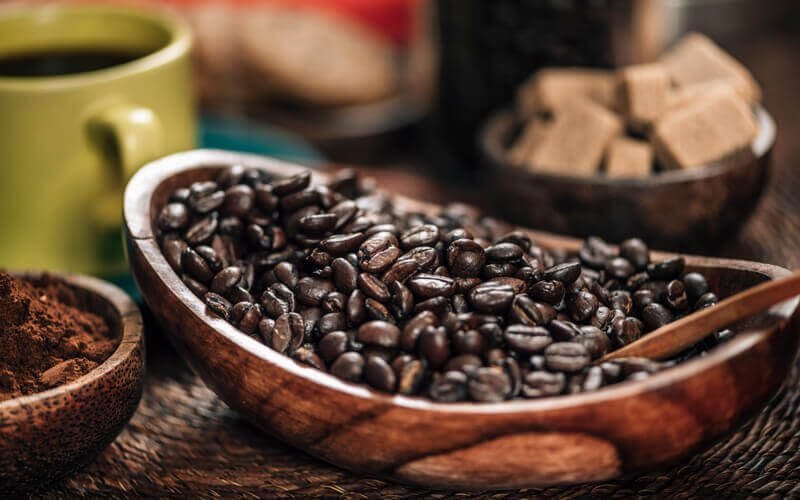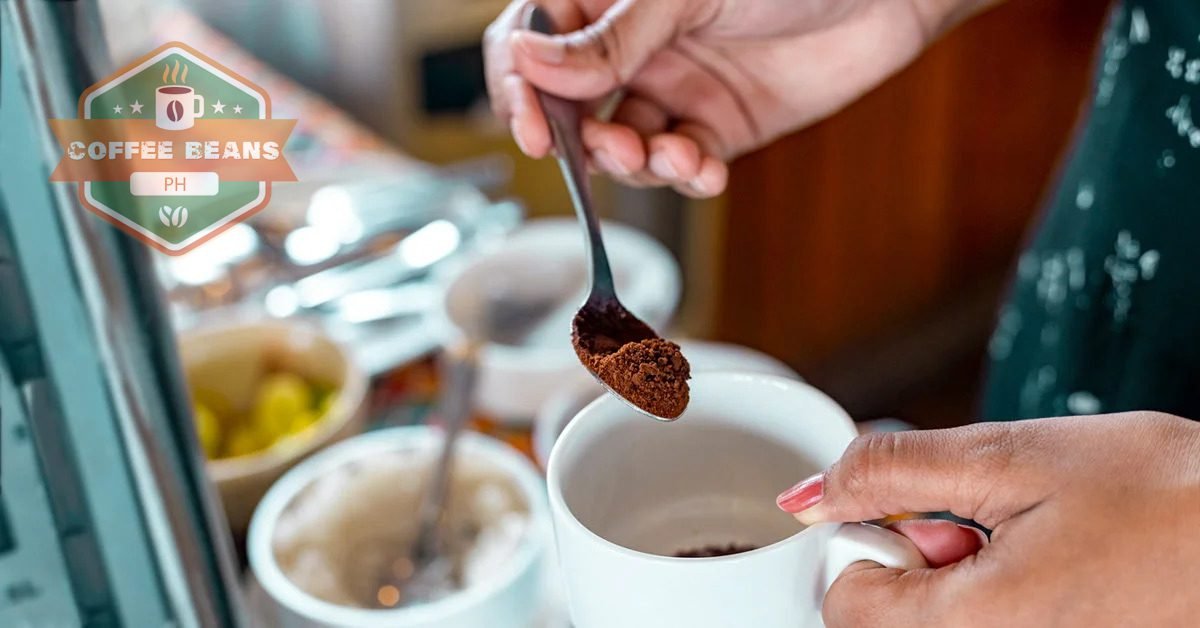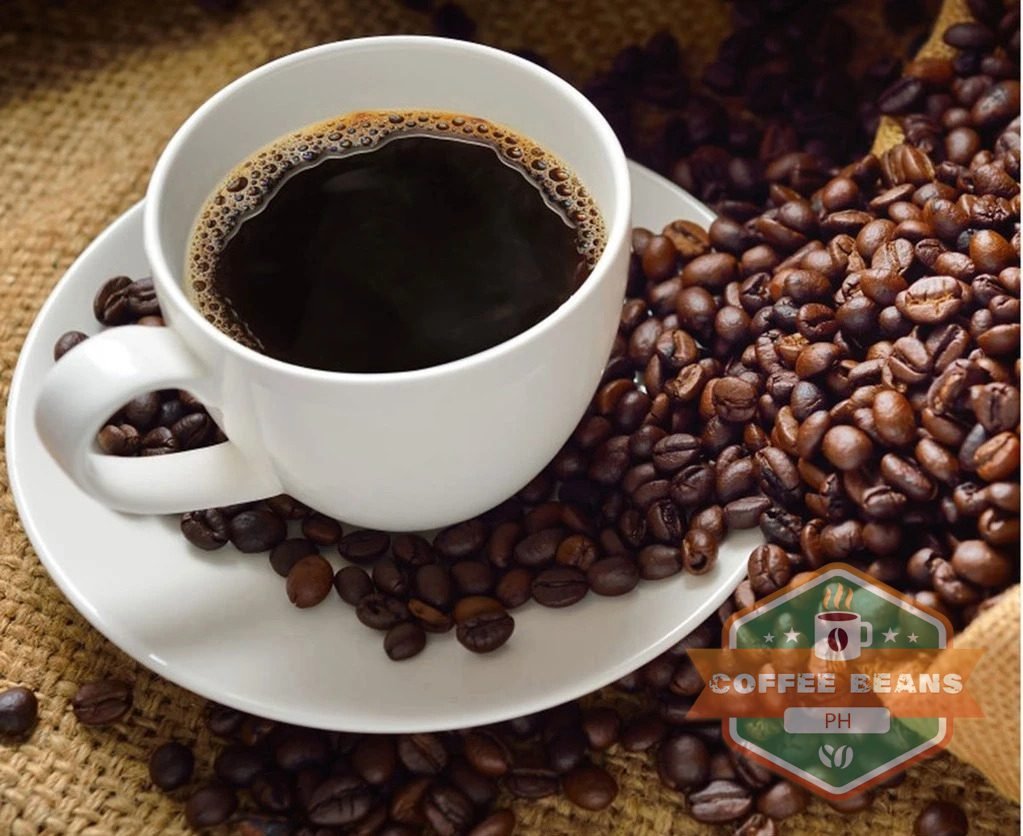
Kapeng barako has an excellent aroma and is a perfect match with native delicacies.
Origin
Kapeng Barako also spelled Barco (Barako Coffee in English), is a coffee varietal grown in the Philippines, particularly in the provinces of Batangas and Cavite. It belongs to the species of Coffea Liberica. The term also refers to all coffee coming from those provinces. Barako is a Filipino term for a male stud of an animal and has become associated with the image of a tough man. Barako assumingly takes the term given to a wild boar, which is used to find the fruits of the coffee tree’s scrumptious snacking fare. The reason, maybe, that our local coffee is called barako is that it is strong, intense, and well-liked by wild boar.
History
The Philippines had become the world’s sole supplier of coffee. More specifically, the town of Lipa in Batangas was supplying the world with coffee. Batangas had gained the title “Coffee Capital” of the Philippines, and coffee production was going strong. The Macasaet family first grew Kapeng barako in the 1800s in Barangay Pinagtung-Ulan, Batangas. It gained so much of a reputation that all types of coffee from Batangas are generically called “Barako,” even if they are one of the other types. It is, by association, the definition of Batangas Coffee.
The popularity of the kapeng barako traces its roots way back in the 1800s when the Philippine coffee beans shipped to America and Europe commanded five times the price compared to other varieties from Asia.
There are varieties of coffee that are commercialized, namely Arabica, Robusta, Excelsa, and Liberica. Coffea arabica, known as Arabica coffee, which is self-pollinating, accounts for 75-80 percent of the world’s production. Coffea canephora, known as Robusta coffee, depends on cross-pollination and accounts for about 20 percent and differs from the Arabica coffees in terms of taste and yield seeds that form a lower quality coffee. Coffea Liberica is much rarer than the other two and is known to be indigenous in only three Asian countries. This type of coffee has a strong flavor and a distinct aroma. It also produces larger “beans,” and it is very productive. These qualities are the reasons why the Philippine varietal of Liberica is called “Kapeng Barako. Coffea Excelsa resists to the diseases and dryness. It has a high yield, and its aged beans give a coffee with an odorous and pleasant taste, similar to Coffea Arabica.
Health Benefit
Kapeng Barako can affect body resistance. Coffee is a kind of drink that is brewed and gives energy because of the effect of caffeine; caffeine will affect the body depending on how it is prepared. Kapeng Barako is also used as a body scrub in a spa treatments. Coffee is the best antioxidant besides giving us energy. It lessens the chance to risk having heart disease and Alzheimer’s.

